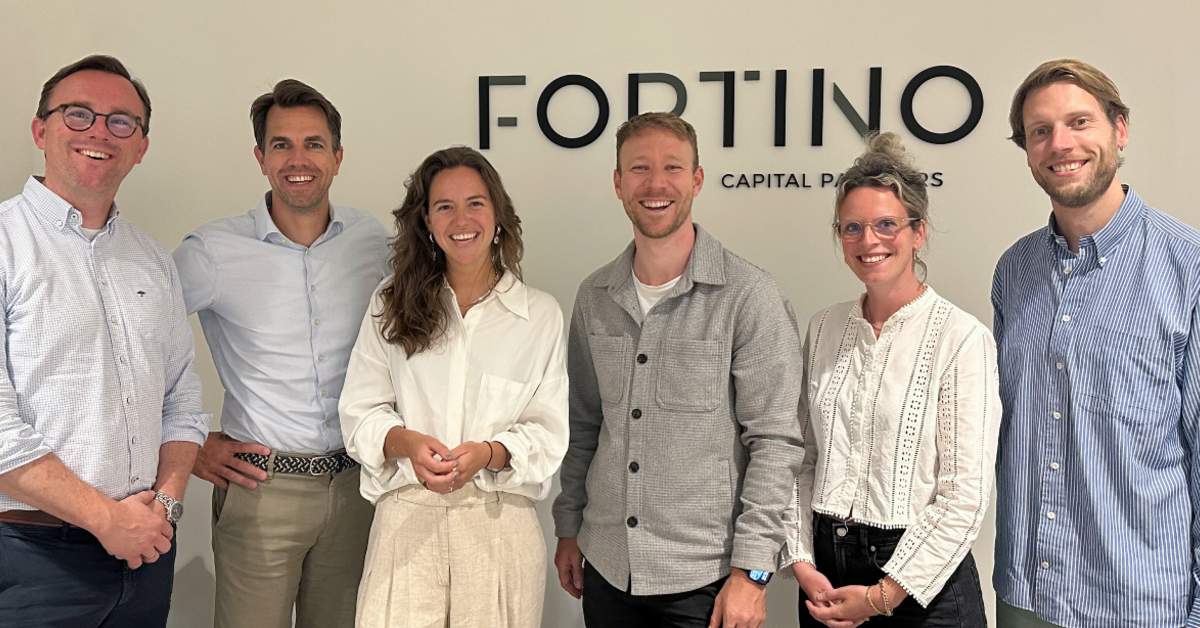With fast-growing tech majors like Spotify, Adyen, and BenevolentAI, Europe is increasingly a startup continent. Not for nothing. Industry experts, like Dr. Chahab Nastar, Chief Innovation Officer of EIT Digital believe the next wave of major startups with a deep technology expertise will be created in Europe.
“Europe looks strong in deep tech,” he says. This, he explains, is due to a good education level in Science, Technology, Engineering and Mathematics (STEM) and the ever-increasing investments in the continent, attractive global hubs such as Paris, Berlin, and Amsterdam, and tech-friendly regulations.
To illustrate, Nastar shares with Silicon Canals a few of the top performing European deep tech startups which are ready to compete on a global level. Let’s take a look at some of his favorites!
NAVYA
NAVYA, founded by Christophe Sapet in 2014 in France, develops driverless, automated electric vehicles that are dedicated for the specific site transportation of goods. The company employs around 210 people in offices in Lyon (France), Paris (France) and Saline (MI, USA). Most recently, NAVYA has filed for IPO.
“Driverless cars are a major trend in deep tech. NAVYA, the EIT Digital Accelerator alumni, produces driverless shuttles. I think they’re very smart, both in terms of what they’re doing in deep tech and also in margin positioning. Because they focus on airports, hospitals, campuses and because they are building on-demand shuttles.”
KONUX
Founded by Andreas Kunze, Dennis Humhal and Vlad Lata in 2014, the Munich-based company works on integrating smart sensor systems and Artificial Intelligence (AI)-based analytics to help railway companies switch to predictive maintenance. “Konux uses machine learning to predict machine downtime.
The founders are young, dynamic and extremely fast. They have raised a lot of money so far, around €38.5 million and also have a good presence right now in the Silicon Valley with a bunch of exclusive customers. So Konux is another company I would like to mention.”
Firstbeat
The third company Nastar mentions is the Finnish Company Firstbeat, founded by Aki Pulkkinen and Joni Kettunen. Firstbeat provides physiological analytics for sports and well-being. The company has developed a unique technology that creates a digital model of user’s physiology through advanced modeling of heart function and heart rate variability.
The Firstbeat products have been sold to more than 40 countries and it is supported by the EIT Digital Accelerator. “FirstBeat analyzes and transforms heartbeat data into personalized information on exercise, stress, and recovery. The company’s built a really sophisticated technology which has been positioned in the market as an OEM. They are an extremely successful company and have a serious revenue growth, and are doing exceptionally well, globally.”
SecurityMatters
SecurityMatters is a Dutch cybersecurity specialist for the industrial domain, covering multiple market verticals like electric-power generation, transmission and distribution, oil and gas, drinking water, manufacturing, chemical, pharmaceutical and infrastructure and operates in four continents.
Founded in 2009, the founders Damiano Bolzoni, Emmanuele Zambon and Sandro Etalle raised with the support of the EIT Digital’s Access to Finance team funding of $5 million from four prime investment groups. “Cybersecurity and data privacy is obviously a domain where Europe can definitely play. This Eindhoven-based startup is all about developing and selling network monitoring, intelligence, and protection technology to make its customers more secure and in control.”
Chahab Nastar works in Paris and has over 20 years of experience as an academic, an entrepreneur, and a large company executive. After heading up a research team at INRIA, he founded the computer vision software maker LTU technologies, and successfully sold it to Jastec Corporation, a listed company based in Tokyo. He then spent 7 years at SAP as Vice President of Advanced Development, before joining EIT Digital in 2014. Chahab has a PhD in Artificial Intelligence and is a former fellow of the MIT Media Lab, where he worked on face recognition. In 2002, Chahab was recognized by Technology Review magazine as one of the world’s top young innovators.
What do you think about these deep tech European scaleups? And which scaleups would you tip to watch out for? Do share your opinions in the comments section below and stay tuned to Silicon Canals for more expert tips from the industry.
For more information, visit the official website of EIT Digital Accelerator.










01
From telecom veteran to Dutch Startup Visa success: The Jignesh Dave story